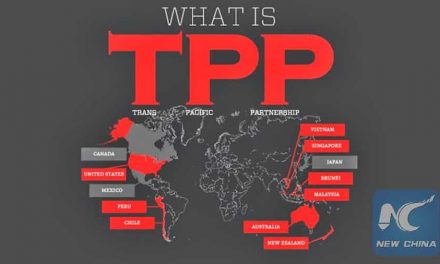G-20 meeting in Seoul – the Hemispheric Social Alliance calls for real change
November 11, 2010
Since 2008, a date that marked the beginning of the most recent global crisis that started off in the U.S., the G-20 has unilaterally taken over the role as the key forum charged with global problem solving without either taking into account the other 172 countries represented in the United Nations, or listening to diverging opinion and analysis such as that represented in the Stiglitz report.
In its early days the G-20 debated themes such as development, employment and the environment with even some talk of fundamental solutions that would challenge the underpinnings of the international financial architecture such as regulating financial markets, combating fiscal paradises and the illicit flow of capital, and promoting the idea of a financial transaction tax. But over time we have witnessed that more conservative proposals have gained the upper hand based on the assumption that market forces are either resolving the crisis already, or have the capacity to do so.





